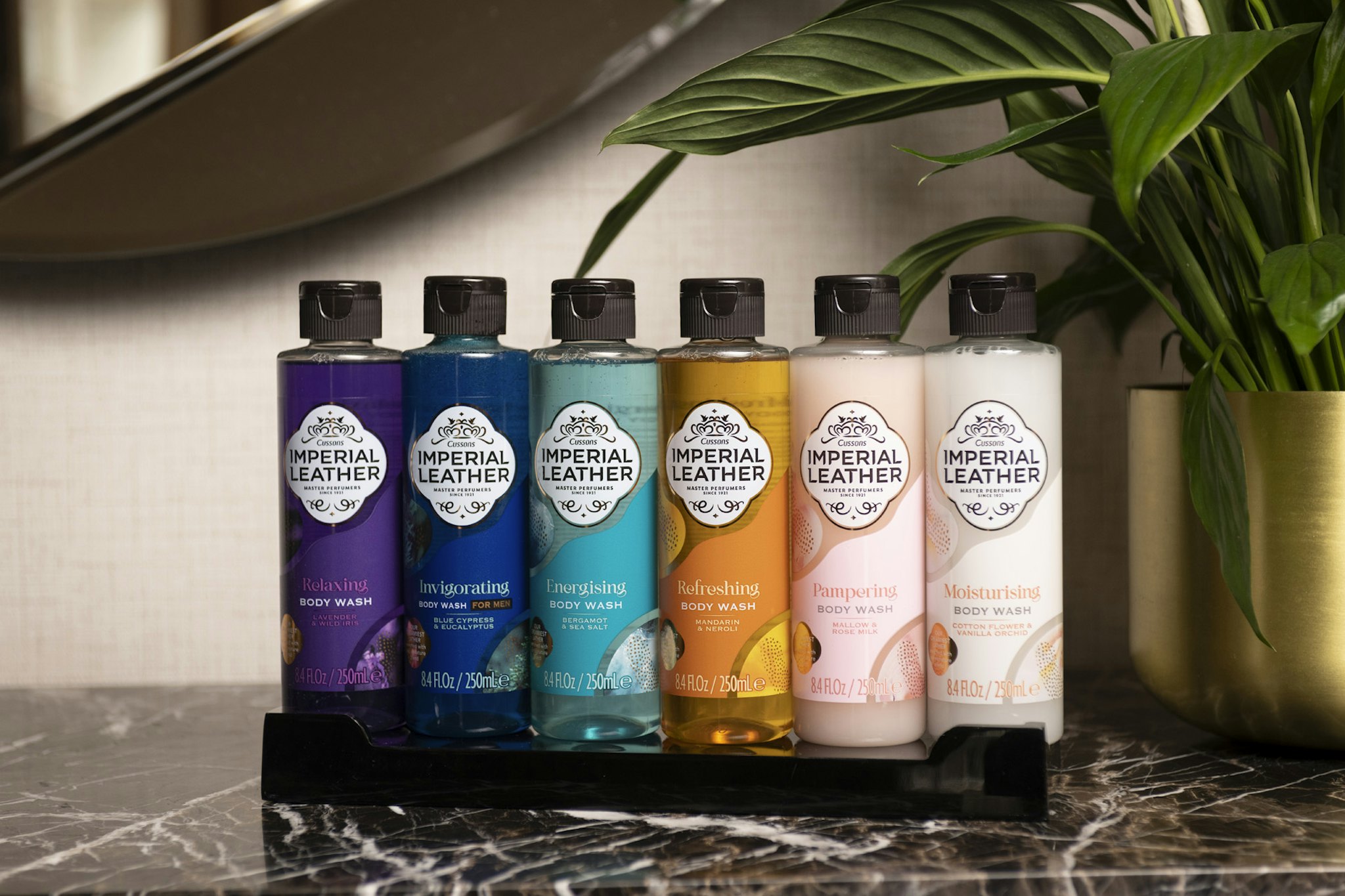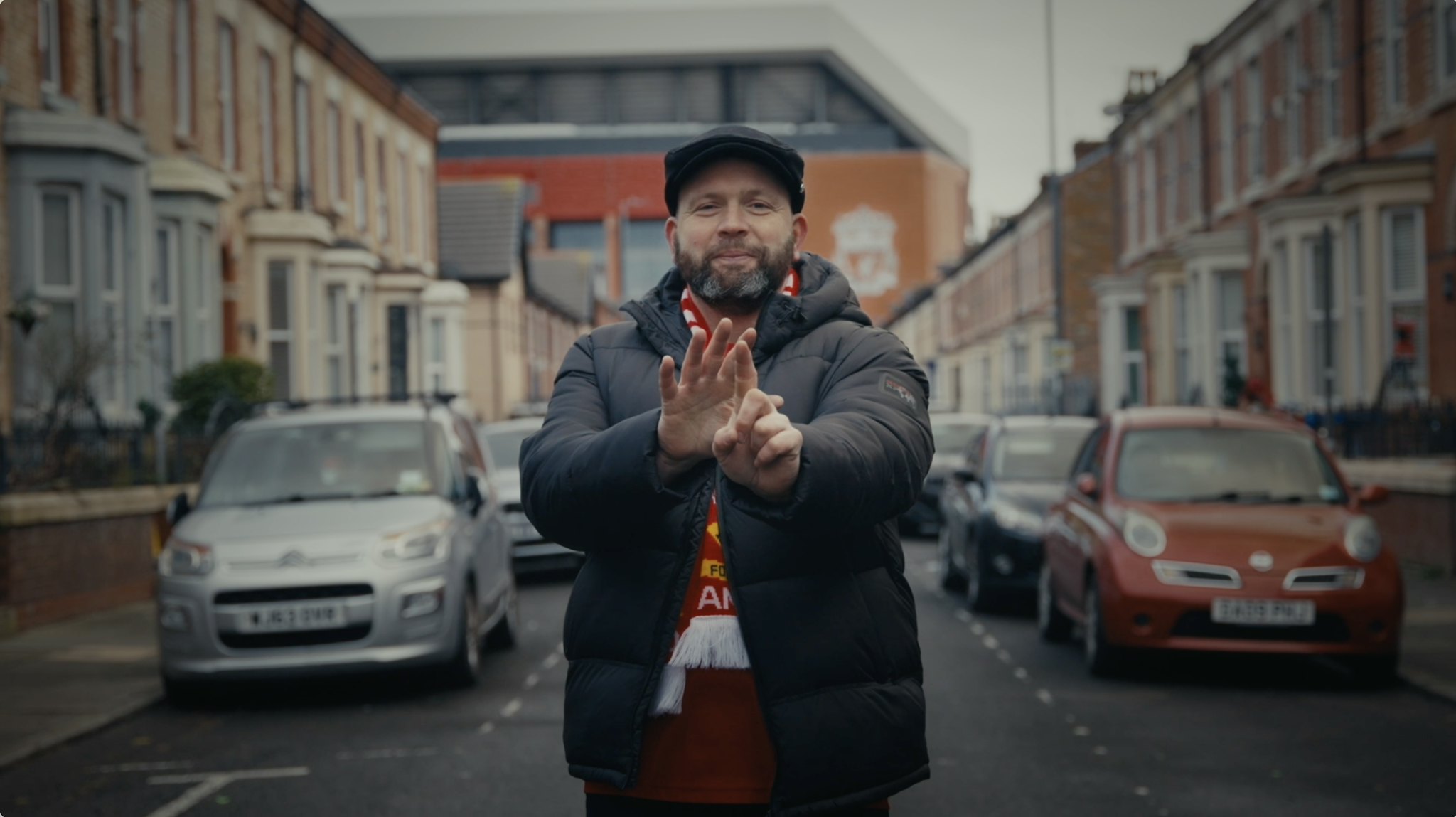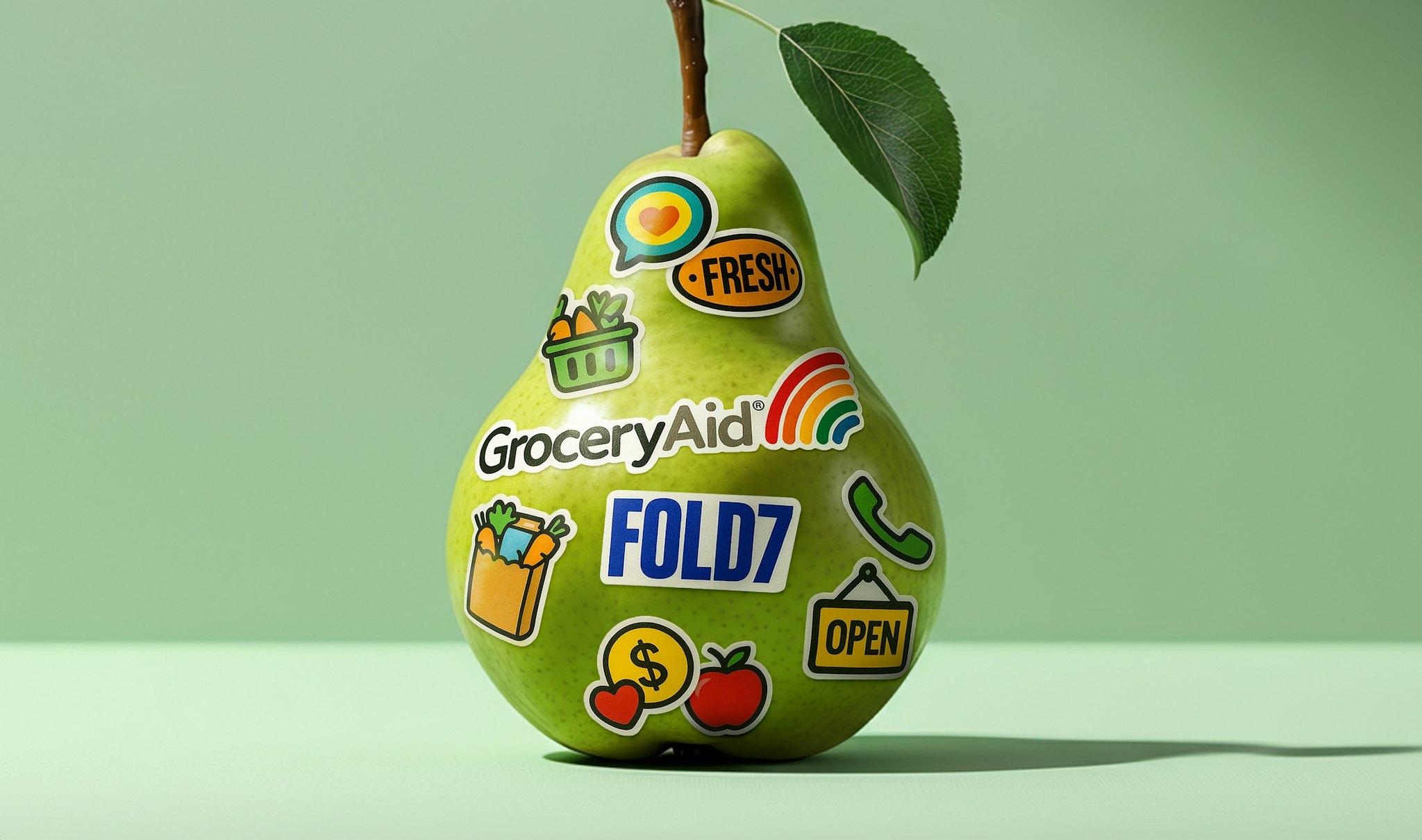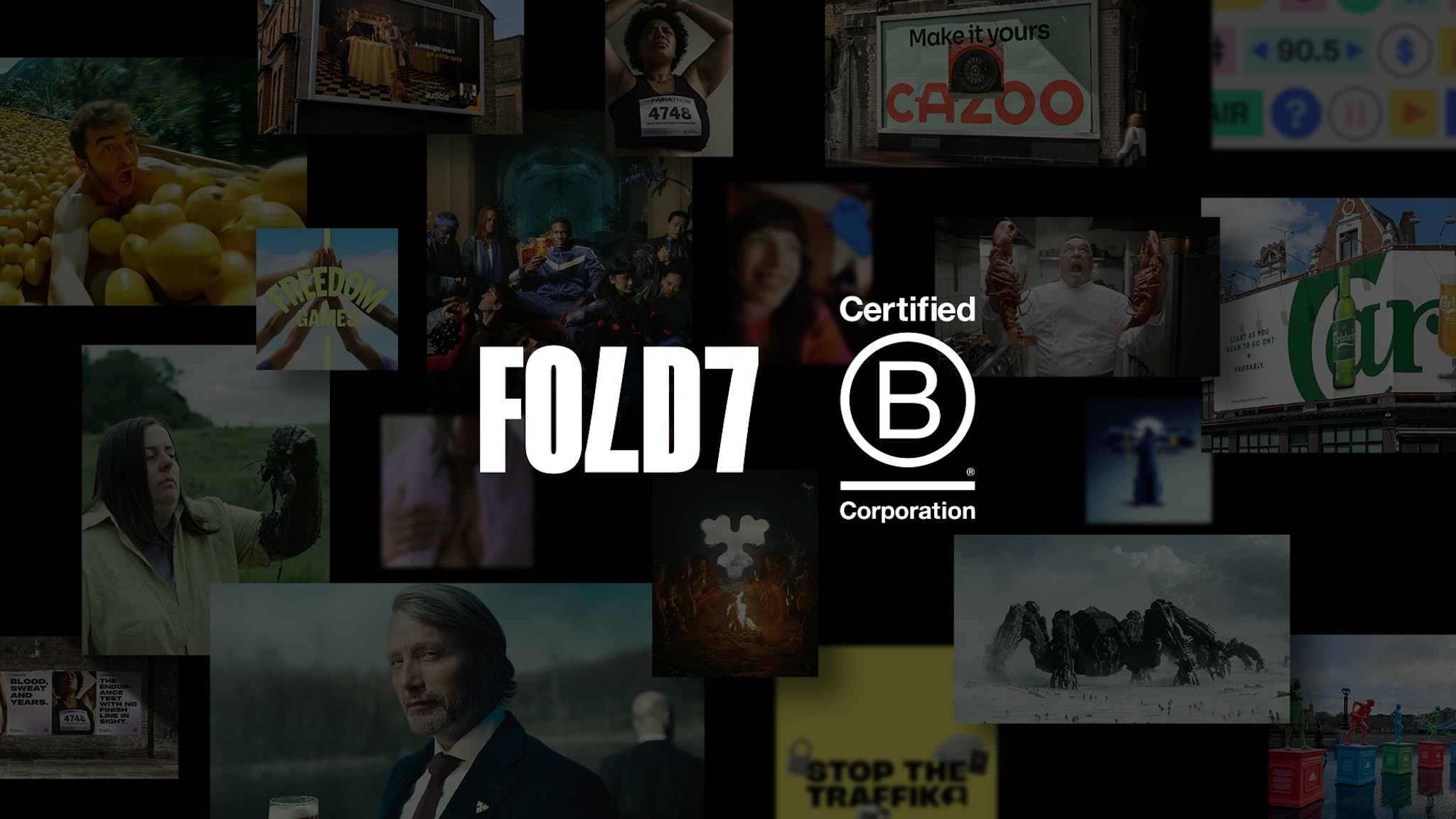

CRISIS FAVOURS OPPORTUNITY HUNTERS.
While the UK is set to narrowly avoid a recession this year, the economy is still shrinking, and the cost of living crisis drags on as prices continue to rise. While the Bank of England’s recent interest rate hike is ultimately intended to lower inflation, it means people now also face higher borrowing costs on top of soaring energy and food bills.
We already know that marketing during economic decline works to a brand’s benefit in terms of increasing share of voice and building trust. There’s been evidence of this throughout history. During the 1990’s, Pizza Hut continued investment in marketing, increasing market share by 68%, whereas McDonalds cut marketing spend, resulting in a 28% decrease in market share. The list goes on. Rather than questioning whether to decrease marketing spend, the question that we should be asking, is:
How can brands identify the opportunities that come with an economic slump?
THE VALUE OF REASSESSING CONSUMERS IS PARAMOUNT, ALONG WITH REWRITING OUR UNDERSTANDING OF WHAT’S IMPORTANT TO THEM.
Our strategy director, Yelena Gaufman, tells us to throw away the rulebook:
‘Forget everything you think you know about your customers, because their priorities and values have shifted.’
While brands may previously have segmented customers by metrics such as income, this is no longer an efficient targeting strategy, because the information we have – such as age, income bracket, gender, don’t account for their psychology or attitude to risk. It’s tempting to assume that, during a cost of living crisis, lower income households will sacrifice non-essential products and services to save their money. But successful brands understand that, while budgets may be tightened, this doesn’t mean people won’t want an end of week treat to look forward to. The ‘lipstick effect’ represents the idea that sales of affordable luxuries rise in economic downturns, coined by Estee Lauder’s Leonard Lauder (after noticing that lipstick sales generally go up during economic crisis, because it’s a small purchase that replaces a larger one).
Fold7’s Head of Design, Tom Munckton, says:
“Brands have a great opportunity to heighten the overall experience by playing to desire. Providing customers with that well deserved moment of indulgence they’ll get with the product.”
Each individual’s rankings will vary in terms of what they consider expendable vs critical treats, and understanding where your customers fall within each spectrum is vital – sometimes those with the highest income completely retract. For example, according to Kantar, dessert consumption peaked during the pandemic but has been decreasing since, accelerated by the cost of living crisis. However, Kantar also notes that desserts are still consumed outside of meal occasions and as a single indulgent snack at other times in the day, such as later in the evening. So, which purchases will be driven by what values? What is important to your customers and how has this changed? Which purchases are expendable vs critical and how can brands appeal to this in their marketing?
BRANDS MUST ADAPT TO THE NEW NORMAL TO STAY RELEVANT AND BUILD TRUST.
Embrace the positive energy in the urgency! With the focus and clarity of an economic crisis, big bold decisions are easier to make, and brands have the opportunity to be more nimble, responsive and adaptive.
Some may say that a luxury brand should maintain their upmarket positioning and not devalue during an economic downturn, but innovation should always be set up in a way that enables the brand to be agile. Lego and Netflix both grew by 63% and 57% respectively during the 2008 recession, in part as a result of new products and investments.
So, perhaps a different style of messaging is needed, or loyalty tactics? Or it could be the perfect opportunity for a new brand creation that employs more of a value based proposition, as part of the master brand? For example, Imperial Leather leant into customers’ premium perceptions with its 2022 relaunch, which revealed an opportunity in its portfolio (and the market) for a new brand: Cussons Creations, to sell its more value based products. Seize the chance to interrogate what works best with a test and learn approach.
Above all, be a positive beacon in a tide of negative news and messaging, championing progress and proving to your customers you understand them! When consumer spending is reined in, competition becomes more fierce, so brands must articulate and stay loyal to their purpose and point-of-view in the marketplace to cut through the noise, rather than just relying on consumer interest. A study by Kantar during the pandemic shows how consumers typically respond to crisis: 77% of consumers want brands to talk about how they are helpful in everyday life, 75% want brands to talk about their efforts to face this situation and 70% want brands to offer a reassuring tone.
BACK TO BASICS
Our Managing Director, James Joice, remarks,
“If you can retain and attract customers through the bad times, you can be sure they’ll stay around for the good.”
Trust in the fundamental principles of marketing. Byron Sharp’s philosophy still applies: mental and physical availability ensure your brand is always top of mind and easily accessible.
During an economic crisis, the primary tool brands have left in their arsenal is creativity. Use it! Optimise emotional engagement and eye catching branding to ensure mental availability through memorability – imperative for building trust during extreme conditions. Your brand will remain cardinal as a place to turn for a safe harbour during the storm, and therefore benefit exponentially compared to competitors when the cost of living improves.
In conclusion: dedicate resource to understanding the psychology of your customers in terms of their new priorities and values. Adapt to the new normal and ensure innovation strategies are nimble and exploratory. Follow the fundamental principles of mental and physical availability, coupled with memorable creative to build trust and keep your customers coming back long after the economy has recovered. There are many angles of opportunities with economic downturns, don’t risk missing them.
More Suggested Articles
Sign up to hear
more from us.
We'll add you to the mailing list so you can read our
latest news, views and cunning ideas.





